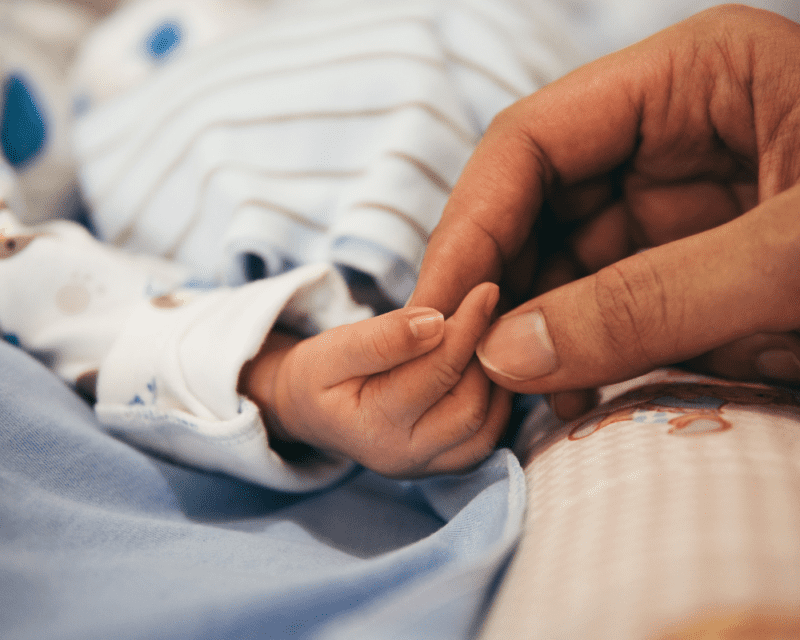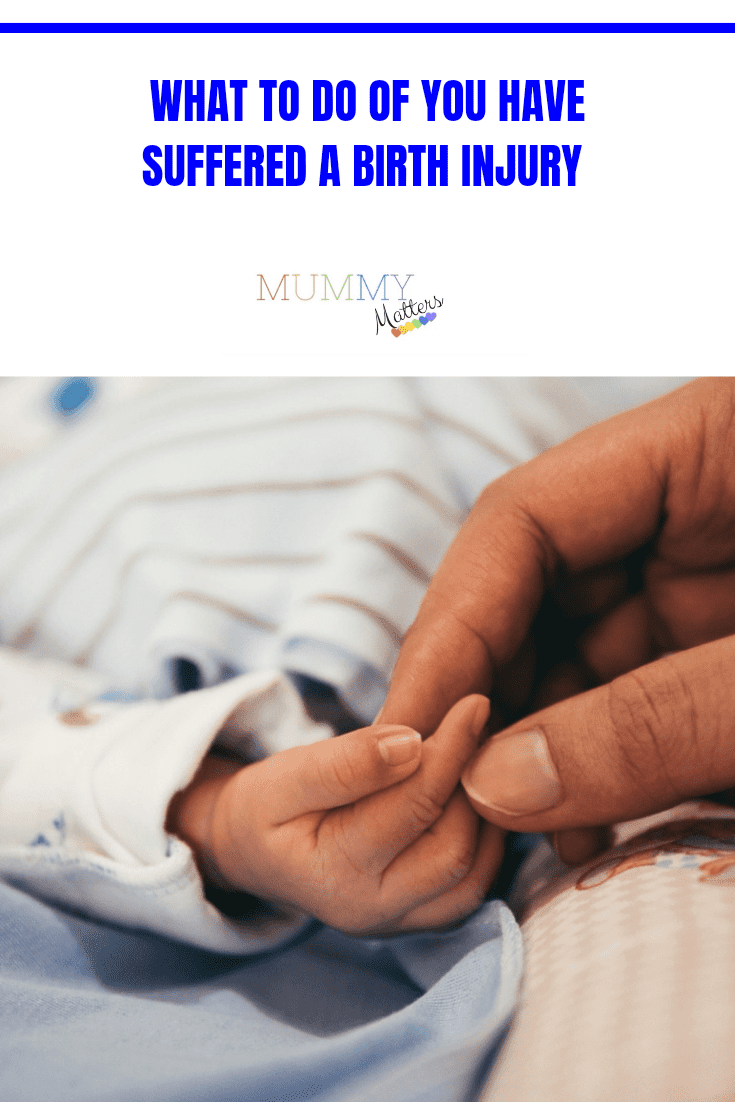Shockingly, 7 out 1000 children are born with birth injuries in the USA. Whilst most childbirths occur without injury to either the mother or child, this statistic is a reminder that things can and do often go wrong during delivery. Suppose you are a mum who suffered an injury whilst giving birth, or your child sustained an injury. In that case, you may be wondering how you can go about initiating a compensation claim against your healthcare provider if you feel that they behaved negligently. In this article, medical negligence lawyer, John McCarthy, shares some important advice.
Claiming compensation for your child

To be able to bring a claim on behalf of your child, you must show “that there was a breach in that duty”, says John, and “based on expert evidence that there has been a breach of that duty and that harm has flowed from that breach, then you’re entitled to be compensated”. Without expert evidence to support your claim of a breach of duty, you will be unable to bring a claim successfully. A lawyer with expertise in medical negligence law will be able to assist you with collating expert evidence to support your case.
Claiming compensation for yourself
Mums looking to claim compensation for injuries sustained during childbirth can do so for either anatomical or psychological injuries or even both. If the substandard treatment has harmed a mum “that baby has received, and … as a consequence of seeing this, suffers from some psychological injury, then she’d be entitled to be compensated for that” says John.
Making a claim as a mother and for your child
If both yourself and your baby experienced an injury during childbirth, you might be wondering if you can bring a claim for both of you. The “answer to that is yes, on two fronts”, says John. If both mother and baby have sustained a physical injury, a claim can be brought for both parties. Suppose only the baby has sustained a physical injury, but the mother has only sustained a psychological injury due to the trauma of childbirth again. In that case, a compensation claim can be brought for both parties.
Claiming compensation for PTSD following a birth trauma

If you have developed PTSD symptoms following the traumatic birth of your child, you are entitled to bring a compensation claim against the hospital or healthcare provider who handled the birth. If “PTSD has been caused, either by a mother’s experience of her injuries or her witnessing injuries caused to her baby, she will be entitled to seek cover for PTSD or for any other recognised psychiatric injury which flows from that” says John.
Other issues to be aware of when considering bringing a claim
An important consideration is the time limits different countries have regarding bringing a claim. You will need to research the law specific to the country you are in, but in many places, it is two years following the date that you suffered the injury. If you don’t submit proceedings within two years of the date of knowledge (the date you suffered the injury or discovered the injury), your case will be statute-barred. Therefore, speaking to a lawyer with experience in bringing birth injury cases as soon as possible is essential. Your partner or another close family member may assist with initiating the process if you struggle to do so yourself.
Further reading
Here, you can read John McCarthy’s full advice on bringing a birth injury claim on the McCarthy + Co blog. You might also find the Birth Injury Help Center a useful resource, which features detailed information about birth injury conditions such as Cerebral Palsy, Erb’s Palsy and brain damage. For advice on recovering from a difficult birth, look at this article here.


